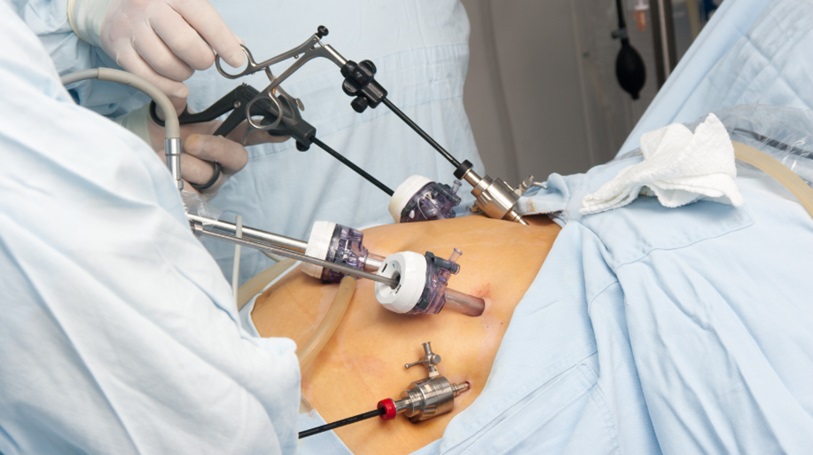Gastric bypass surgery has transformed countless lives by offering a solution to severe obesity and its related health conditions. This procedure involves restructuring the stomach and intestines, which can lead to significant, sustained weight loss. If you’re considering gastric bypass in St Louis, MO, this surgery not only helps with weight reduction but also improves overall health and quality of life.
How Gastric Bypass Works
The surgery is designed to promote weight loss through two methods. First, the stomach is made smaller, which helps reduce food intake. Second, it alters how calories and nutrients are absorbed by bypassing a part of the small intestine. Together, these changes lead to noticeable and lasting weight loss for most patients. However, it’s worth noting that the surgery is not a quick fix but a long-term commitment to a healthier lifestyle.
For those curious about life post-surgery, the recovery process can vary from person to person, depending on individual circumstances. Learn about what to expect during gastric bypass surgery recovery time to better prepare yourself for this life-changing step.
Health Benefits of Gastric Bypass Surgery
- Effective Weight Loss
One of the most evident benefits of gastric bypass is the significant amount of weight that patients typically lose. Studies show that individuals often lose 60-80% of their excess weight within the first year, contributing to better overall health and vitality.
- Improvement in Obesity-Related Conditions
This surgery can help alleviate or even resolve many obesity-related health problems. Common conditions such as type 2 diabetes, hypertension, sleep apnea, and joint pain often improve or completely disappear after weight loss. By addressing the root cause—excessive weight—patients experience fewer complications and a reduced need for medications.
- Better Mental Health
The mental and emotional benefits of gastric bypass surgery are often overlooked but equally significant. Many patients report improved self-esteem, relief from depression, and a greater overall sense of well-being after achieving their weight-loss goals. Feeling lighter physically can also lighten the emotional burden that comes with obesity.
Post-Surgery Dietary Adjustments
Adapting to a new diet is perhaps one of the biggest challenges after the procedure. Patients are required to follow strict nutritional guidelines to ensure long-term success and avoid complications. Some foods should be completely avoided to prevent digestive issues or nutrient deficiencies. You can explore more in this helpful article on foods you can’t eat after gastric bypass surgery.
Overcoming these hurdles can be challenging, but they’re manageable with the right support and guidance. Working closely with a healthcare professional or dietitian can help simplify the changes needed for a smooth transition into a healthier lifestyle.
Long-Term Commitment to Wellness
It’s essential to understand that gastric bypass surgery is only part of the equation. Maintaining the results requires long-term commitment and lifestyle adjustments, including exercise, proper nutrition, and regular medical check-ups. While the surgery provides a powerful tool for weight loss, success ultimately depends on your ability to adopt and sustain a healthy way of living.
Conclusion
With so many health and quality-of-life improvements, it’s no wonder gastric bypass surgery is regarded as a life-changing option for those struggling with severe obesity. If you’re ready to make this positive change in your life, reviewing the details of the procedure and its outcomes is the first step to a healthier, happier future.


